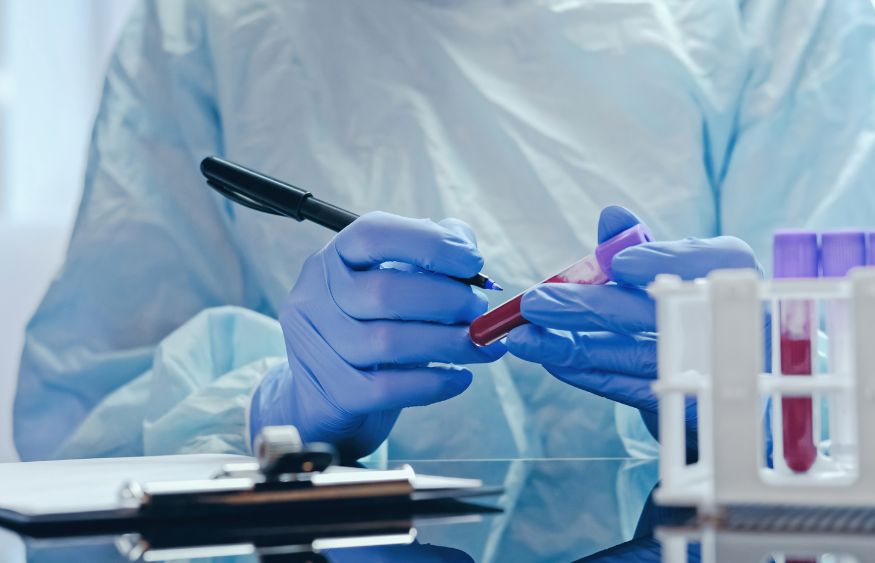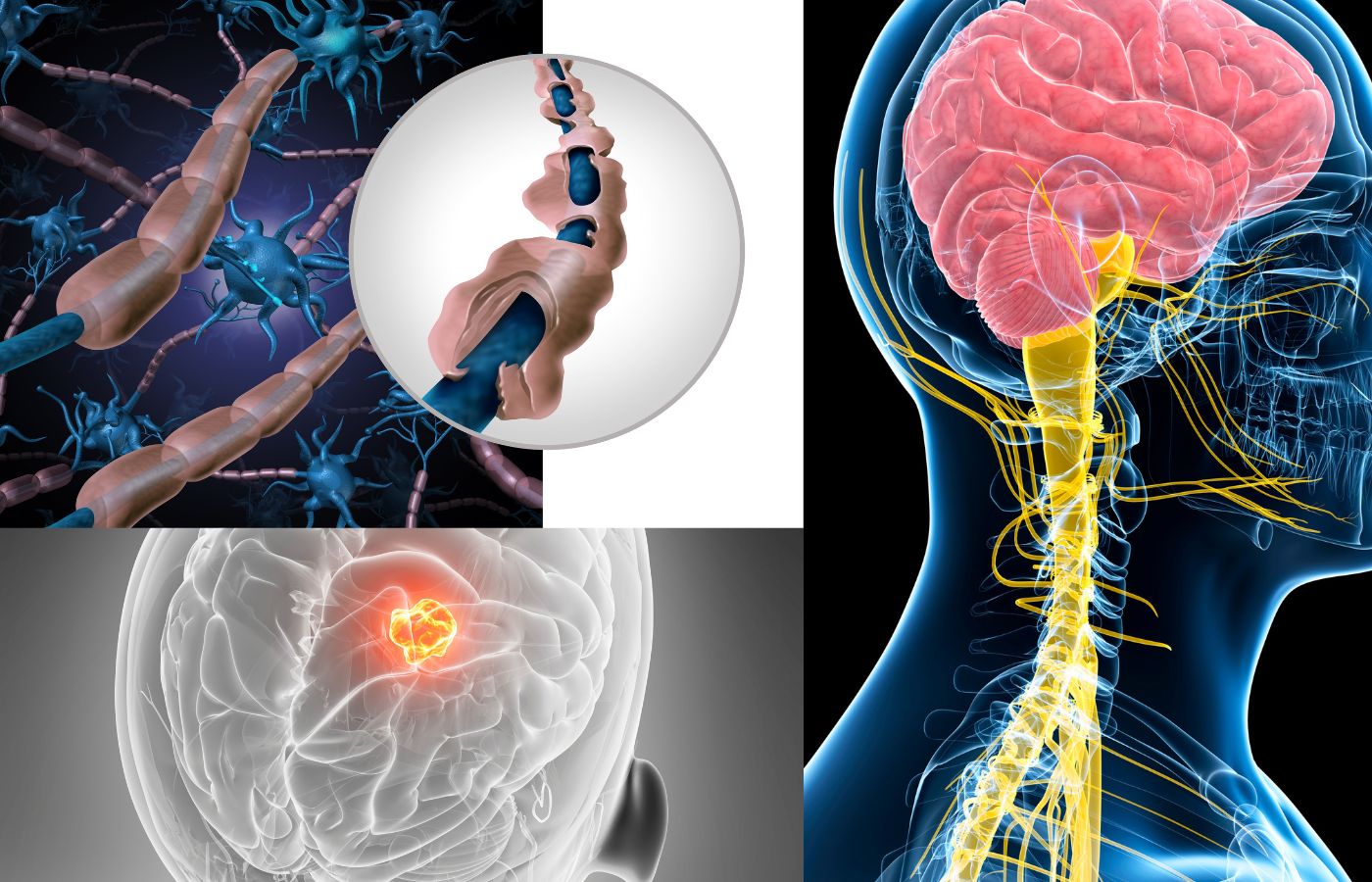
Blood cancer is a serious medical condition that affects the production and function of blood cells. Early and accurate diagnosis plays a critical role in successful treatment and better outcomes. Many patients and families in Mumbai often search for reliable information about testing and detection.
If you or a loved one has been advised testing, understanding the diagnostic process can reduce anxiety and help you take timely action. This guide explains everything in simple language.
Blood cancer occurs when abnormal blood cells grow uncontrollably and interfere with normal blood function. It usually starts in the bone marrow or lymphatic system.
The three main types include:
Leukemia
Lymphoma
Myeloma
Doctors rely heavily on blood cancer diagnosis tests to identify the exact type and stage of the disease.
Early detection significantly improves treatment success. Many advanced diagnostic centers in Mumbai now offer quick and accurate testing services.
Early diagnosis helps:
Start treatment sooner
Prevent disease progression
Improve survival rates
Reduce complications
Plan targeted therapy
Patients searching for early blood cancer detection in Mumbai should always choose a trusted pathology lab.
Doctors may recommend testing if you experience persistent or unexplained symptoms.
Frequent infections
Unexplained weight loss
Extreme fatigue
Easy bruising or bleeding
Persistent fever
Night sweats
Swollen lymph nodes
Bone pain
If you notice these symptoms, consult a specialist and consider blood cancer testing in Mumbai without delay.
Diagnosing blood cancer usually involves multiple tests. Each test provides specific information that helps doctors confirm the disease.
The first and most common test is the Complete Blood Count test in Mumbai. This simple blood test measures different types of blood cells.
It evaluates:
Red blood cells
White blood cells
Platelets
Hemoglobin levels
Abnormal results may indicate the need for further investigation. Many patients begin their blood cancer screening in Mumbai with a CBC test.
If the CBC shows abnormalities, doctors may order a peripheral smear test. In this test, a pathologist examines blood cells under a microscope.
This helps detect:
Abnormal cell shapes
Immature white blood cells
Blast cells
Infection patterns
This test provides important clues during blood cancer diagnosis in Mumbai.
This is one of the most important confirmatory tests. It examines the bone marrow where blood cells are produced.
During the procedure:
A small sample is taken from the hip bone
The sample is analyzed in the lab
Cancerous cells are identified
Although the procedure sounds intimidating, it is usually quick and done under local anesthesia. Advanced centers offering bone marrow test in Mumbai ensure patient comfort and safety.
Flow cytometry is an advanced laboratory technique used to identify specific cancer cell markers.
It helps doctors:
Classify leukemia types
Detect lymphoma cells
Guide treatment decisions
Monitor disease progression
Many modern labs providing advanced blood cancer tests in Mumbai use this technology for precise diagnosis.
Cytogenetic analysis studies changes in chromosomes within cancer cells. It helps determine the genetic abnormalities responsible for the disease.
This test is useful for:
Confirming diagnosis
Predicting prognosis
Selecting targeted therapy
Monitoring treatment response
Patients looking for accurate blood cancer diagnosis in Mumbai should ensure the lab offers cytogenetic testing.
Molecular tests detect specific gene mutations linked to blood cancers. These tests are highly sensitive and support personalized treatment planning.
They help in:
Detecting minimal residual disease
Identifying mutation types
Guiding targeted drugs
Monitoring relapse
Top diagnostic centers providing blood cancer screening in Mumbai often include molecular diagnostics as part of advanced evaluation.
Although blood tests are primary, imaging may also be recommended.
CT scan
PET CT
MRI
Ultrasound
These help assess:
Lymph node enlargement
Organ involvement
Disease spread
Treatment planning
Many patients combine imaging with blood cancer testing in Mumbai for complete evaluation.
The timeline depends on the number of tests required.
CBC report: Same day
Peripheral smear: Same day or next day
Bone marrow biopsy: 2 to 4 days
Flow cytometry: 2 to 5 days
Molecular tests: 5 to 7 days
Most advanced pathology labs in Mumbai provide fast and reliable reporting.
Accurate diagnosis depends heavily on the quality of the laboratory. Patients searching for best pathology lab for blood cancer in Mumbai should evaluate carefully.
Experienced pathologists
NABL accreditation
Advanced equipment
Quick turnaround time
Hygienic sample handling
Transparent pricing
Good patient reviews
Trusted centers in Mumbai ensure reliable results that doctors can depend on.
The cost varies depending on the tests required.
CBC test: Rs 200 to Rs 500
Peripheral smear: Rs 300 to Rs 800
Bone marrow biopsy: Rs 4000 to Rs 9000
Flow cytometry: Rs 5000 to Rs 12000
Molecular testing: Rs 8000 and above
Comprehensive packages for blood cancer testing in Mumbai may offer better value.
Follow these simple steps for a smooth experience.
Carry previous medical reports
Follow fasting instructions if given
Inform about medications
Stay hydrated
Ask about report timing
Choose a reputed lab in Mumbai
Proper preparation helps ensure accurate results.
Blood cancer diagnosis involves a series of carefully planned tests that help doctors identify the disease accurately and start timely treatment. From CBC to advanced molecular testing, each step plays a vital role in confirming the condition.
If you notice warning symptoms or your doctor recommends evaluation, do not delay blood cancer testing in Mumbai. Early detection can significantly improve treatment success and long term outcomes.
Always choose a trusted and well equipped diagnostic center in Mumbai for precise and reliable results. Your health decisions today can make a life saving difference tomorrow.

